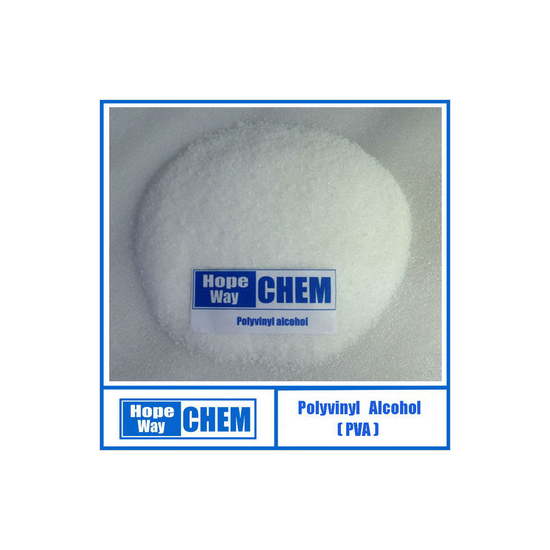HOPEWAY fine powder PVA HWP-05S,HWP-20S and HWP-24S are specially designed for cement additives and building
industry.They improve plaster properties such as flexibility,water retention,and increase plaster viscosity as
well.In addition,they do not only reduce the friction of plaster but also enhance its working capacity and quali-
ty.(Prevent cracking and shedding of plaster,increase adhesion and smoothness of cement.) To mix desired
amount of PVA with cement well before water is added prevents the lumping of PVA.
As the PVA solution can be prepared with a solid content not exceed 30%, a considerable amount of water has
to be evaporated for film formation.This process can be speed up by adding lower alcohols such as methanol
ethanol and propanol to the solution. The quantity added is depending on the grade of PVA and alcohol used
The limit of compatibility is indicated by the incipient turbidity of PVA solution.
PVA solution of above-mentioned grades can be applied to the mold by brushing or spraying. The viscosity of
the selected grade and concentration determine the thickness of release coating. About 10 to 30 wt % of solid
content is recommended for this purpose. Up to 15% of plasticizer, such as glycerol or ethylene glycol, relatively
to the weight of PVA, can be added to the formulation to improve the flexibility of mold release film.




